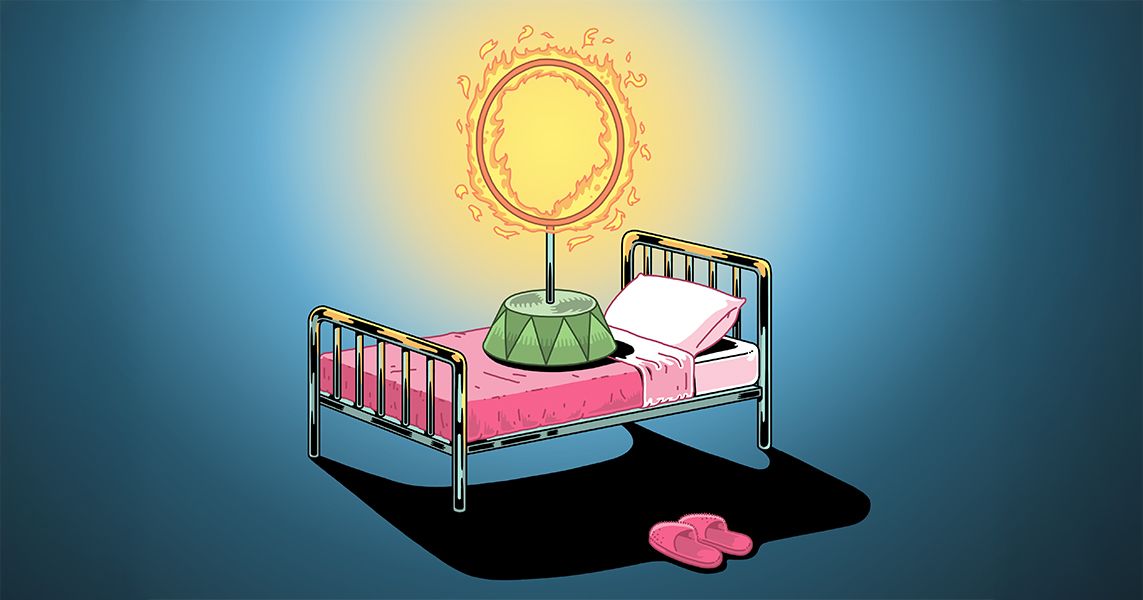
"At least the next installment of the end. I hold my phone in my left hand, where I'm wearing an Oura sleep-tracking ring on my index finger."
"Not only is sleep-tracking data not helpful, sometimes it can actually be harmful. Becoming overfocused on sleep can be a problem in and of itself."
"The Oura app tracks heart rate, respiratory rate, and blood oxygen saturation. It's important to interpret the data critically and avoid fixating on it."
"On most nights I spend less than 10 percent of the night in 'the most restorative and rejuvenating sleep stage,' alarming data to understand."
The article discusses the experience of using the Oura sleep-tracking ring, highlighting the complexity and unpredictability of sleep data. Sleep expert Emerson Wickwire warns that excessive focus on tracking can be detrimental, as users often become anxious about their sleep quality, which is not always actionable. The app measures various metrics like heart rate and deep sleep percentages, but its interpretations can lead to confusion and stress. Ultimately, understanding one's sleep data requires a balance between insight and letting go of excessive concern over numbers.
Read at Intelligencer
Unable to calculate read time
Collection
[
|
...
]